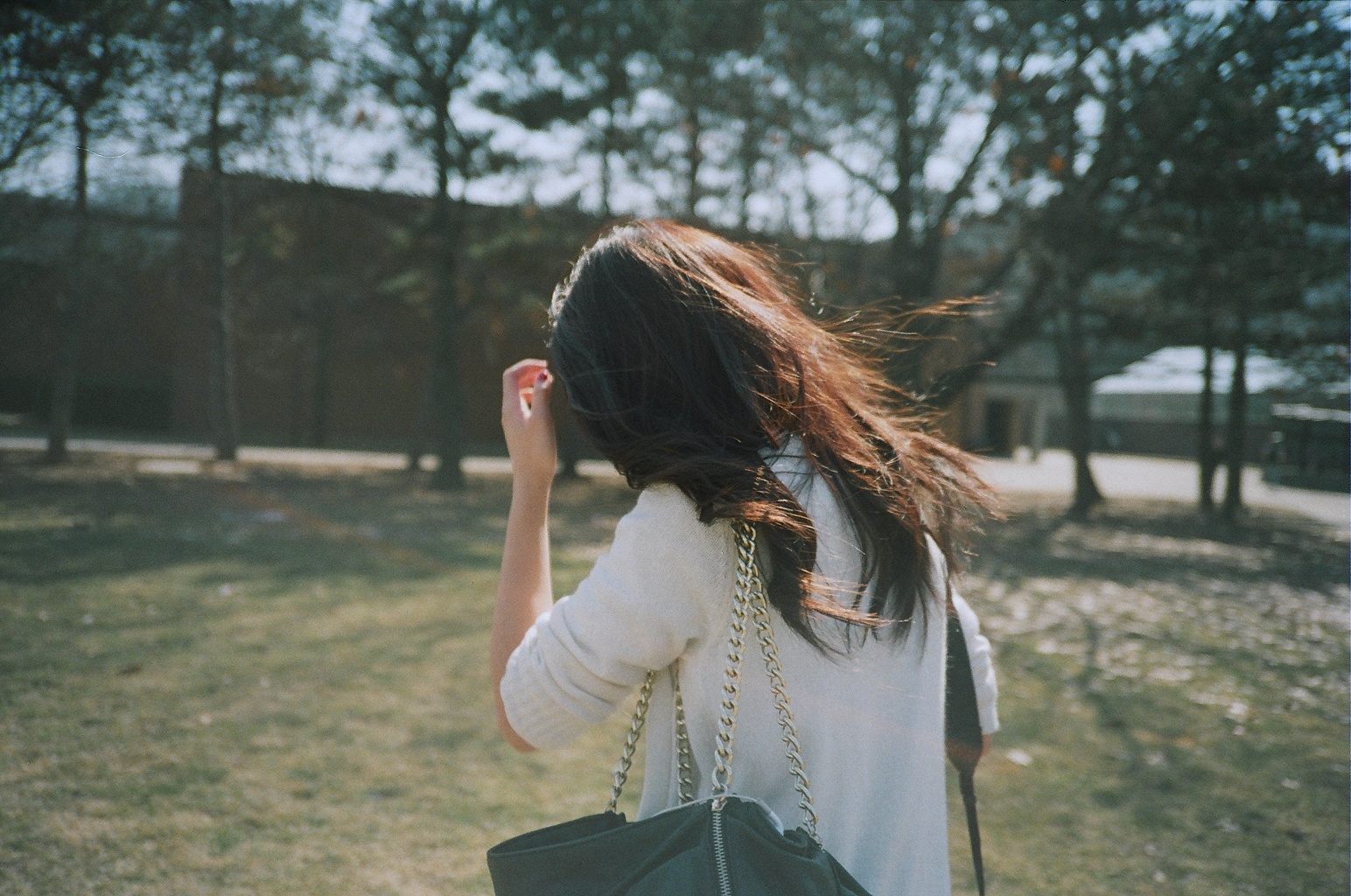The “manic pixie dream girl” trope is something I have always been fascinated by. By definition, this a character in books, films, television and contemporary storytelling as a whole that “exists solely in the fevered imaginations of sensitive writer-directors to teach broodingly soulful young men to embrace life and its infinite mysteries and adventures.” Essentially, it is a female character who enters the life of a male character in order to change him and make him better whilst not really growing herself or being a fully realized character. Instead, she is often this nymph-like creature who’s high on life and full of strange, wonderful quirks. Case in point: although entertaining, it is a harmful concept to females and everyone involved. It is completely unfair and unrealistic for a person to hold another person responsible for breathing new meaning into their life.
There’s a John Mayer song on Continuum that asks if the subject of the song is in love with him or the thought of him, and I feel like this works really well with the MPDG trope. It’s about being interested in an idea of a person, which can be disastrous. I mean, thanks Hollywood. In real life, the credits don’t roll. There’s emotions and real life and ideals people probably won’t manage to live up to. Generally, it’s hazardous to believe a person is more than a person.
Is it weird that a lot of my favourite female film characters are definitive MPDGs? Sam in Garden State is probably my favourite character of all time. She is light, airy, fun, and carefree. She’s magnetic. Once, someone said I reminded them of her after I forced them to watch the movie, and it was probably one of the best things ever said to me. But thinking back, maybe they thought I was like Sam because they didn’t fully realize me as a real person, but instead this fun-loving girlish thing. Sure, she had problems, but she took them in stride and didn’t really grow by the movie’s end while Large definitely did.
Another MPDG example is Summer in (500) Days of Summer. Interestingly enough, I feel like I am Summer much of the time. Some guys I’ve talked to about the movie think she’s just a conniving bitch…but I totally get her. She was terrified, and Tom was too fascinated by her to let her become an actual person.
Recently, I read Paper Towns by John Green. He is the author most famous for writing that popular rain/drizzle/hurricane analogy (see here, here and all over Tumblr). But, to Tumblr’s credit, seeing it online somewhere is why I was first intrigued by Looking for Alaska, thus leading me to Green’s other novels. And they’re pretty great — I’ve read three so far. They constantly tackle the idea of the MPDG. Unlike most films and media though, he does it in a way that is truthful and intelligent, always pointing to how destructive imagining someone to be more than they are can be to a relationship. Enter, quintessential MPDG quote:
“These things happen — these people leave us, or or don’t love us, or don’t get us, or we don’t get them, and we lose and fail and hurt one another. And the vessel starts to crack open in places…But there is all this time between when the cracks start to open up and when we finally fall apart. And it’s only in that time that we can see one another, because we see out of ourselves through our cracks and into others through theirs When did we see each other face-to-face? Not until you saw into my cracks and I saw into yours. But before that, we were just looking at ideas of each other.”
John Green must be one of the most quote-able authors. I could’ve grabbed so many passages from Paper Towns, but this one is a favourite from the novel because it breaks down the trope so well in a way that I think is true to life. Not only do these lines reference ideas of another person solely being reflections of oneself, but it also lends to the idea of only being able to really see people once you’ve been broken a little and can empathize. John Green breaks down the trope and reveals how it can be this treacherous, hurtful thing.
tl;dr
1. Manic pixie dream girls are a trope used in entertainment that can be harmful when applied to real life and real people. Emotions are real and stuff. People are real.
2. Read John Green novels. They’re good.
3. Watch this, because it’s fun.

